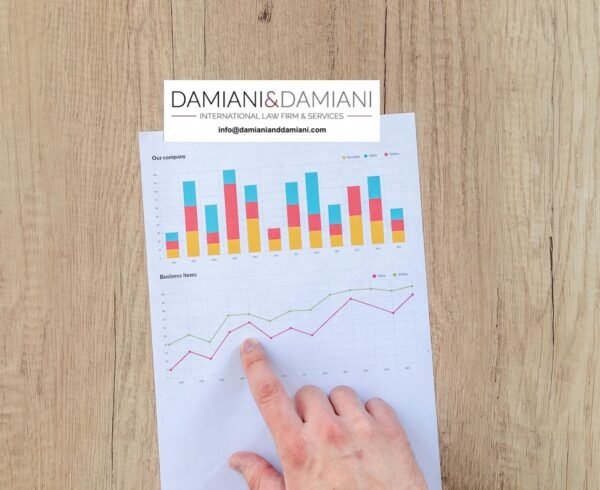In the context of cases of unfair competition, the European Court of Justice has defined the difference between misleading and unlawful comparative advertising. Advertising is an activity that is strictly defined by national and international law and antitrust regulations.
Unlawful comparative advertising
Comparative advertising is permitted by the law governing competition and does not constitute conduct punished as unfair competition. However, jurisprudence distinguishes between lawful and unlawful comparative advertising. Comparative advertising is permitted if an undertaking advertises its own goods or services by comparing them objectively with those of competitors. It is unlawful when the comparison between products and services is not objective, generates confusion between undertakings or damages the competitor.
Surreptitious or misleading advertising
Advertising is surreptitious or misleading when it misleads consumers to whom it is addressed or prejudices their economic behaviour or when it damages a competitor.
Differences between unlawful comparative advertising and misleading advertising
Unfair competition, misleading or unlawful comparative advertising may lead to a distortion of competition in the market. In 2006, the EU issued a directive to harmonise the penalties for anti-competitive conduct to protect consumers (DIRECTIVE 2006/114/EC concerning misleading and comparative advertising*).
What are the general cases of unlawful comparative advertising?
The European Court of Justice has intervened in the matter, also specifying the circumstances that determine unlawful comparative advertising. Comparative advertising is unlawful or misleading, when the comparison is done between prices, goods, products, services of undertakings of different sizes. This type of advertising can distort the objectivity of the comparison to the detriment of the information relevant to the consumer and can unlawfully mislead a customer in favour of unfair competitor
How to defend yourself against cases of misleading or unlawful comparative advertising on the Internet in UE and Italy?
The criterion of comparative objectivity and the prohibition of misleading advertising must also be complied with on the Internet. Lawful comparative advertising is often used in ppc ads. Social influencers, instead, need to ensure that consumers can recognize the nature of their message and must be fair in their competitive relations with other undertakings. Any conduct of unfair competition on the Internet is punished by the law. If an undertaking believes that it is the victim of unfair competition in Italy, of unlawful or misleading comparative advertising or surreptitious and unlawful advertising, it can:
•file an application with the Advertising Self-Governance Jury to eliminate misleading or unlawful comparative advertising
•file a lawsuit with Ordinary Courts pursuant to article 700 of the Italian Code of Civil Procedure for the urgent inhibition of unfair competition through unlawful advertising and for redress or the compensation of damages
Explain your case and ask for the advice online from the Damiani&Damiani International Law Firm, Rome
Glossary:
•Social influencer: a person who works in influencer marketing, a form of marketing that is based on the identification of people who have, or exert influence on potential buyers.
•PPC advertising: a mode of purchasing advertising on search engines. Buyers pay a fee based on the number of clicks and views that a published ad receives on the search pages. The more an ad is clicked and viewed, the less the fee is. The aim is therefore to implement techniques to capture user clicks
•Unfair competition: Unlawful practices, techniques and behaviours to obtain an advantage over competitors or to discredit them
False advertising (illegal advertising): use of misleading, false, or unproven information to advertise products to consumers.
Many governments use regulations to control false advertising. A false advertisement can further be classified as deceptive if the advertiser deliberately misleads the consumer, as opposed to making an honest mistake.

















